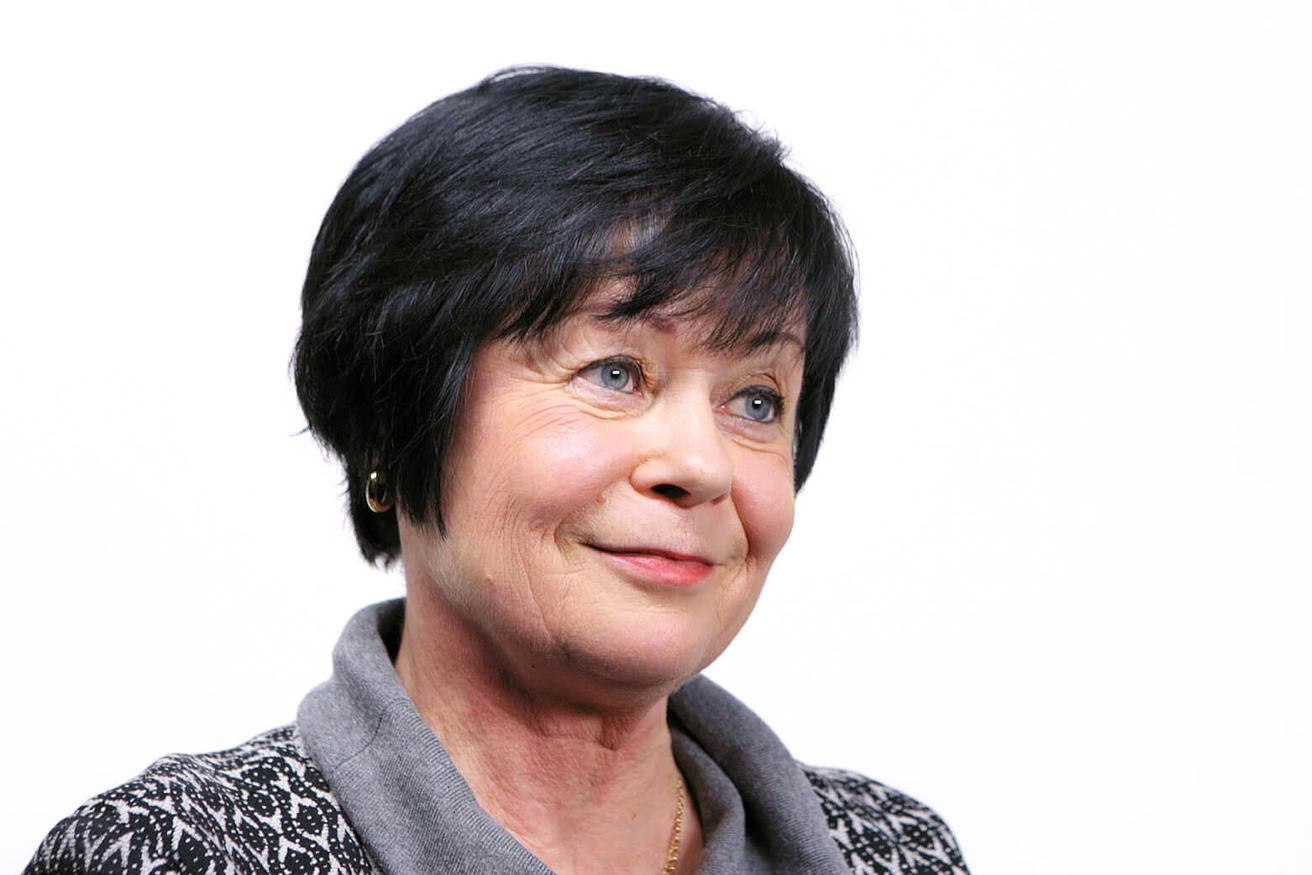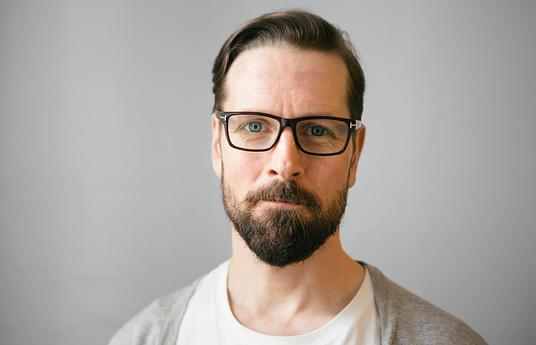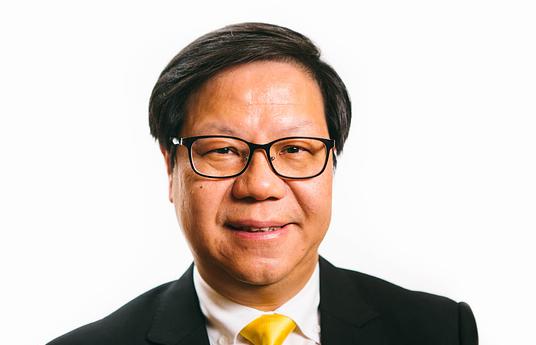Maarit Rossi
Finland's Maarit Rossi, Global Teacher Prize nominee, is the founder and CEO of Paths to Math. The Finnish-American collaboration and online learning environment teaches math in innovative and creative ways.
In addition to her work in Paths to Math, Maarit is a teacher at Kartanonranta School in Kirkkonummi, Finland. Prior to this she was the principal at Kirkkoharju Upper Secondary School for fifteen years and has written a variety of mathematics textbooks.
Skills
Is the way we educate students fully preparing them for the future?
No, not well enough. In many subjects, math being one of them, methods are very limited. The way in which we approach math has not changed in the last 100 years, which is why we cannot fully prepare students for the workforce of the future.
It has been said that math is a creative subject. Can math answer open ended questions?
Yes, math can answer open ended questions and have open ended exercises as well as equations with just one possible answer. We develop a lot of exercises that involve discovery and exploration.
I remember how surprised some high school teachers were when they read a study conducted by ninth graders. In the study students shared their hypothesis and the methods used in finding their results. Students were able to work and research with things that interested them. This approach is something that is being used in math more and more, although it seems to frighten some people when there isn't an obvious answer to an equation. It is like using a new teaching method - you don't know what to expect at first. You have to be bold and take a leap of faith.
If teaching never changes it becomes very predictable. Math can be extremely creative and there's plenty of freedom to explore a variety of exercises with all kinds of possible answers.
Teachers
What are the key challenges in teaching math in Finland and globally?
The challenges in teaching math are global ones - something I learned during the Global Teacher Prize Awards. Students aren't motivated, and in some cases they even hate math. I meet a lot of adults who tell me how much they dislike the subject. This means there is a lot to change in teaching math in Finland and globally.
On a positive note, we do see a lot of these changes happening in mathematics all around. What needs to change in addressing the motivation problems is the structure of the lessons. The lessons are too stiff and they always progress the same way. Often the lessons are too short to trial versatile teaching methods. Learning material might be limited and teaching methods narrow. Math needs to be more social, not just numbers, but relatable to the life of the students. We still have a lot of work to do.
Teachers are highly skilled, which is the wonderful aspect of it. It is possible to change the way we educate and for Finland to make the top list in the field yet again.
What kind of changes can teachers achieve with their teaching?
At this moment I am touched by how social and global young people today are. The fact that we can produce global citizens in Finnish schools is interesting to me. It is so important for students to understand the changes happening in the world and to be prepared to face challenges that may arise rather than fearing them.
In math, students may be able to research issues like recycling locally or globally - all as part of learning STEM. Students may be able to use the tools given to them to solve these issues for a good environment and make a change in the world.
What is the best motivation for teachers to develop themselves professionally?
My personal motivator is the pedagogical freedom us teachers have in Finland - we are trusted. I have been lucky to have had a superior who has trusted me. I have been able to produce my own learning material and trial it. There has never been any doubt if I’m following the national core curriculum or not. Parents have also had great faith in my work. These are the things that have really motivated me in my profession.
Another thing that motivates me is global education. As a young teacher I went to Hungary. I have been involved in international projects like Comenius. I don't think it's good to go in too deep in your own classroom, but rather be open to collaborate with colleagues and schools locally or internationally as a means to gather great educational ideas to apply in your own work. Everyone has something to give and to learn from others.
Assessment
Do you think PISA is a good form of pupil assessment?
I think it is one point of view and I wouldn’t exclude it. From my experience of being a principal, PISA made the questions in assessment more versatile. I think it’s good, especially in math. We should be moving forward from mechanical exercises towards more creative options that students may be able to relate to. This is the versatility I think PISA in part has conceived.
That being said, if government education policy is based on PISA results, now that’s a dangerous road to be on.
How should assessment change?
In Finland, we are fortunate to not have the many tests or exams that schooling systems seem to have abroad - that’s where we stand out.
First of all, I want to point out self assessment, which became popularised in Finland in the early 2000s. I think it’s positive not to assess with grades, but rather have the student self assess. Students are very honest and they have very good insight when it comes to their skill level. Another is peer assessment in groups.
I would be extremely careful when adding a technological aspect to assessment in math. I think it’s a waste of time to use it to assess how fast the student can do math or how many answers are wrong or right. We should simply emphasize studying and learning. I prefer qualitative assessment - assessment can be developed when it’s qualitative.
When I teach for a month or two in a classroom, that’s when I don’t need these kinds of measures. I know the students well and I know their skill levels. What technology does do is assist in teaching when I need to personalise the students’ learning.
Environments
What would an exciting learning environment be - digital or physical?
I would combine both in a third approach to learning environments. We have digital and physical learning environments, but also social learning environments - how the environment is socially constructed. I recently read an interesting article on the importance of the first school day and what the student sees when first stepping into the classroom.
I prefer teaching students in groups of two or four. Of course they sometimes work alone as well, but the main idea is social learning. Adolescent students come to school because their friends are there - they are rarely in school for school. We have to take into consideration that they want to be together, and so they should be given the possibility to learn together collaboratively. The classrooms must be modified for this need. If you visit a school, you can pretty quickly sense the school spirit - all you have to do is walk around for a bit, see what the classes are like and how students and teachers interact with each other.
Digital learning environments should of course be made use of. First I was confused as to why digital learning was integrated into primary schools, but now I understand why. I have seen how innovative teachers use technology to their advantage. In art, for example, they'll take a photo of the surrounding nature and then draw it to make it a bit different with their style of drawing. However, we are still expecting a breakthrough in how these technologies are used as a natural part of learning in secondary schools and higher education for example.
How learning happens is what's important. I often speak about social learning, hands-on learning and phenomenon based learning. Digitalization should be integrated with a pedagogical goal.
Leadership
Whose responsibility do you think education is?
That is a really interesting question. When I met the world's best teachers in Dubai at the Top 50 Global Teacher Prize Awards, I was extremely surprised that according to their visions education is a political thing. As a teacher I have always thought that I'll do my best when I teach. I have never been too stressed when a term begins with a new parliament that it might affect the education system.
Our strength in Finland is that we aren’t too hasty. One of the key reasons for Finland’s success in education could be the fact that we do not rush changes. Although I do hope that there will be some changes in the way we teach math, but before that can be done we need to realise what the reasonable changes are going to be.
Currently in Finland the municipality is in charge of the education funding on a local level. Principals may be able to influence matters - it’s important for schools to have great leaders with vision and teachers that are passionate.
Personal memory
Do you have a favorite memory from your own formal education?
I'll tell you about a memory that ties into the present day.
I was asked in London recently about my teachers growing up. A particular teacher of mine came to mind - my religion teacher Rauno Heikkilä. He had very unorthodox methods that were modern in the 1960s.
I bring this up, because this Easter I recieved a letter from him and his wife saying that they are doing well and that they have been following my career. I almost teared up - the letter was so wonderful! Their message was: 'In Finland the mentality is that you always have to win or that Finland is a winning country, but Maarit, you are the winner in this.' It's a personal win that others can be happy about.
The next 100 years
The next 100 years of Finnish education should... produce students that have good self-esteem.




